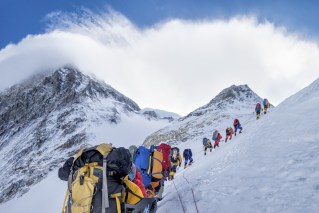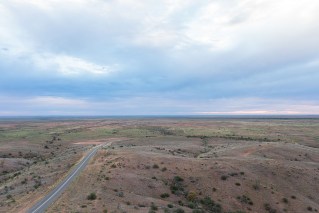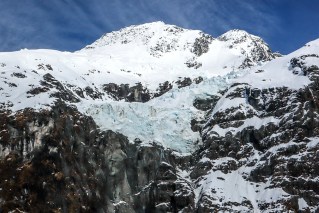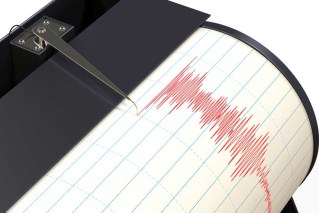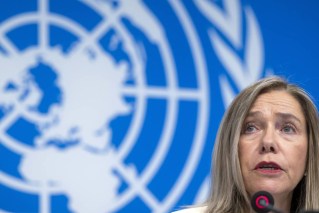German scientist claims he’s found the first hole in Arctic ozone layer
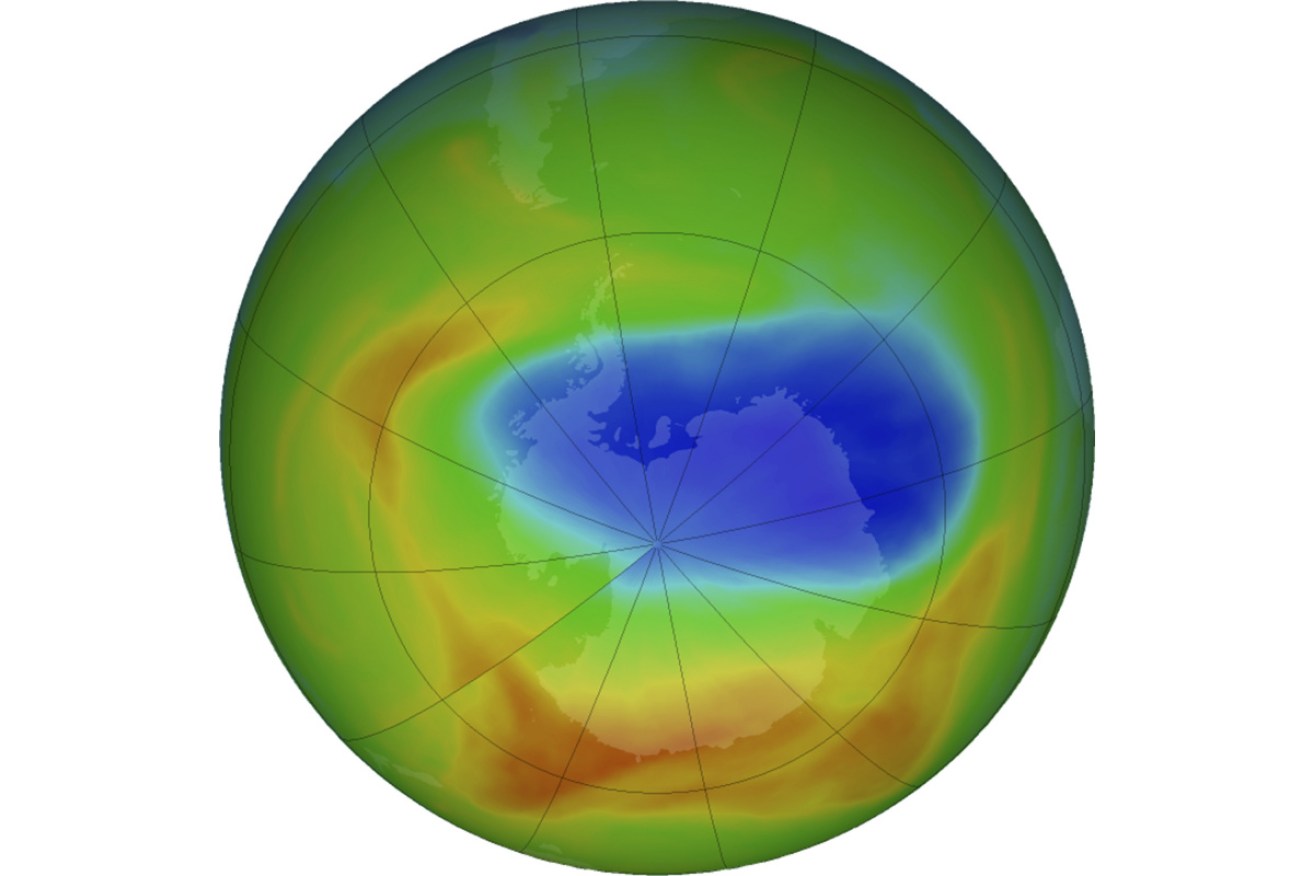
A United Nations report suggests a hole in the ozone layer is slowly healing. Photo: AAP
A German scientist has detected what he says is the first hole in the ozone layer above the North Pole.
For the past two weeks, the ozone layer thickness in the Arctic has been below the thickness that defines a hole over the Antarctic, Markus Rex, head of the department for atmospheric physics at the German Alfred-Wegner Institute, explained on Wednesday.
“In the areas where the thickness of the ozone layer is at its maximum, the loss is around 90 per cent,” Dr Rex said.
This covers an area three times the size of Greenland.
In total, an area of 20 million square kilometres, or 10 times the size of Greenland, is affected, even though the loss of ozone is sometimes lower.
According to Dr Rex, this is due to an especially strong polar vortex this winter and low temperatures in the stratosphere, where the ozone layer is located.
“At the moment, those air masses are still enclosed above the central Arctic, which is why people in Europe don’t need to worry about getting sunburned faster than usual,” Dr Rex said.
However, it’s a possibility that those air masses will drift away from the central Arctic and towards Europe in April.
The production of ozone-damaging chlorofluorocarbons was prohibited a long time ago.
“Without this regulation, this year’s situation would be much worse,” Dr Rex said.
But the substances are very durable, he added.
The ozone hole above Antarctica, whose discovery in 1985 led to the approval of the Montreal Protocol and therefore step-by-step prohibition of chlorofluorocarbons, seems to be closing slowly.
In 2019, it reached its smallest extent in about 30 years.
-AAP




